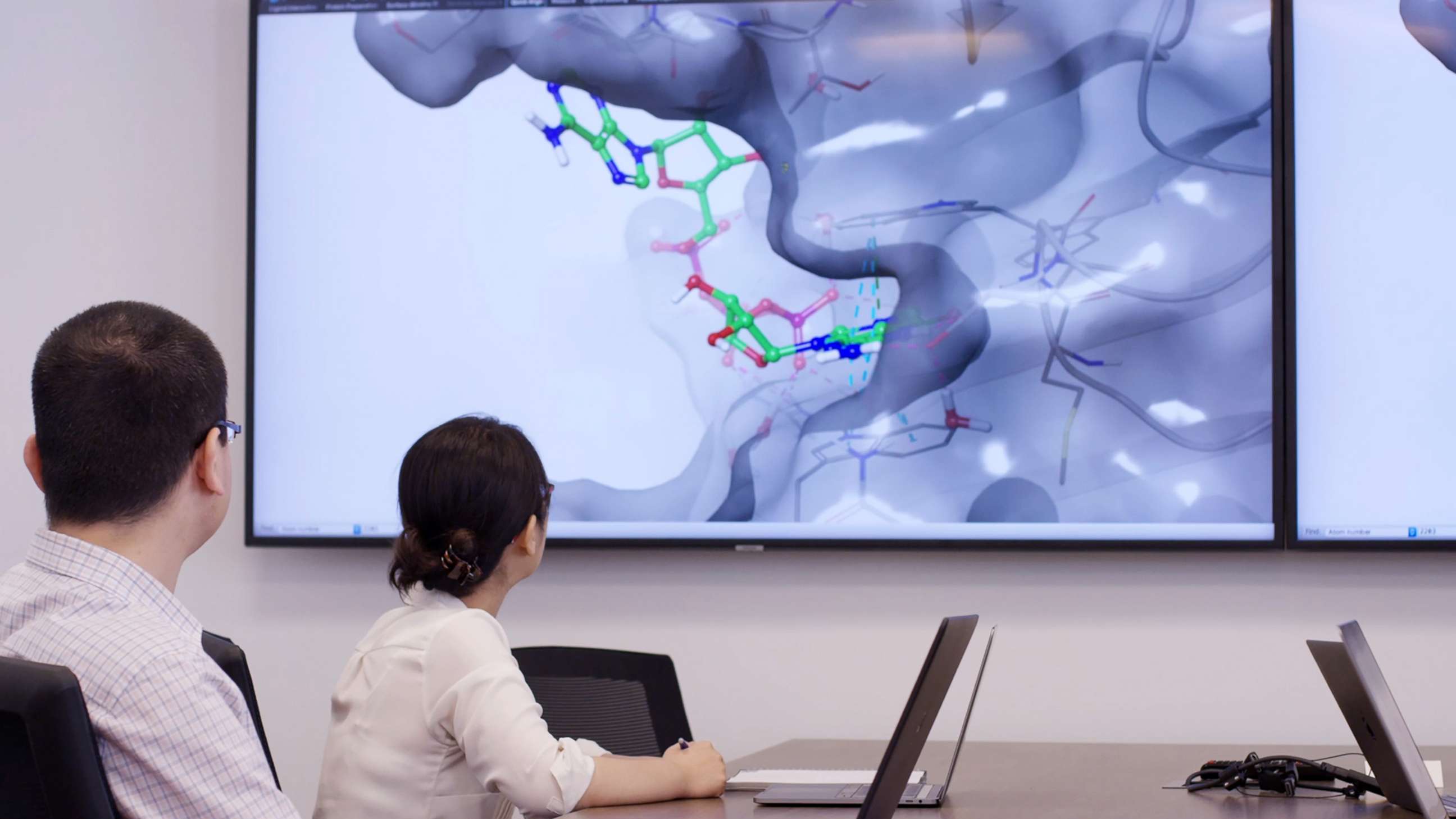America's COVID-19 response should borrow a page from NASA: Opinion
A centralized "Mission Control" would benefit policymakers and voters alike.
The COVID-19 pandemic has brought the global economy to its knees, eliminated many personal freedoms and constrained social choices.
Over 1.5 million people are infected and at least 91,000 have died in the U.S., and Americans are frightened and confused, and looking to our government to provide comfort and instill confidence that there's a working plan to keep everyone safe.
Without a centralized "Mission Control," the implementation of a plan to realize this vision cannot happen. Communicating with citizens transparently and authoritatively requires a comprehensive and up-to-date fact base that records and reports verifiable progress and learnings and then builds on that repository to inform future strategy. It also allows leaders to demonstrate these efforts are working.

A Mission Control mechanism can gather and make available all required information whenever and wherever it's needed. No one part of the solution, by itself, can subdue COVID-19 -- not a vaccine, nor a treatment, nor a test battery, nor contact tracing, nor treatment. Furthermore, Mission Control can effectively use big data to drive predictive analytics for actionable intelligence, keeping in mind algorithmic bias that may be present.
To reestablish a more normal life -- to recover socially and economically and religiously -- everyone will need to harmonize and focus on building and using a portfolio approach to forge a single, integrated strategy that creates a path forward.
Establishing Mission Control is the best way for leaders to succeed in responding to COVID-19. Such a mechanism allows for gathering, synthesizing, distilling and maintaining data in a single location, improving the accuracy of information leaders require to be successful. And it provides a single, comprehensive fact base allows for information to be communicated authoritatively to a population seeking answers.
A centralized database doesn't have to supplant or dilute existing initiatives -- it can offer complementary, essential value incrementally. And it should be agnostic when it comes to technology or methodology, as new technologies can extend and enrich current solutions and their deployment.
Similar to NASA's use of a Mission Control setup, such a mechanism for battling the novel coronavirus should be able to help anticipate and integrate new data seamlessly, with each addition helping with future additions and future implementations.

The success of America's COVID-19 moonshot depends on being able to coordinate efforts across many fragmented components -- a state-by-state response plan simply isn't sustainable.
Five primary activity areas much by fully synchronized:
Each of these items operates as a vertical process, but each should be coordinated horizontally through the COVID-19 Mission Control, sharing performance and status data daily -- data that could help identify hotspots or predict drug or equipment shortfalls, accelerating responses throughout supply chains. Its data could also determine shortfalls in training, allowing for quicker pivots to health care tactics in greater demand.
A Mission Control model, a reliable and constantly updated database that informs both policy decisions and the populous, can help Americans begin to feel safe and regain confidence that the nation's leaders are working to return everyone to a more normal way of life.
What to know about the coronavirus:
- How it started and how to protect yourself: Coronavirus explained
- What to do if you have symptoms: Coronavirus symptoms
- Tracking the spread in the U.S. and worldwide: Coronavirus map
Tune into ABC at 1 p.m. ET and ABC News Live at 4 p.m. ET every weekday for special coverage of the novel coronavirus with the full ABC News team, including the latest news, context and analysis.
Jay Bhatt, a practicing internist and Aspen Health Innovators Fellow, is an ABC News contributor. Joel Goldhammer is a former partner at AT Kearney and consultant to government on oversight of complex programs.




